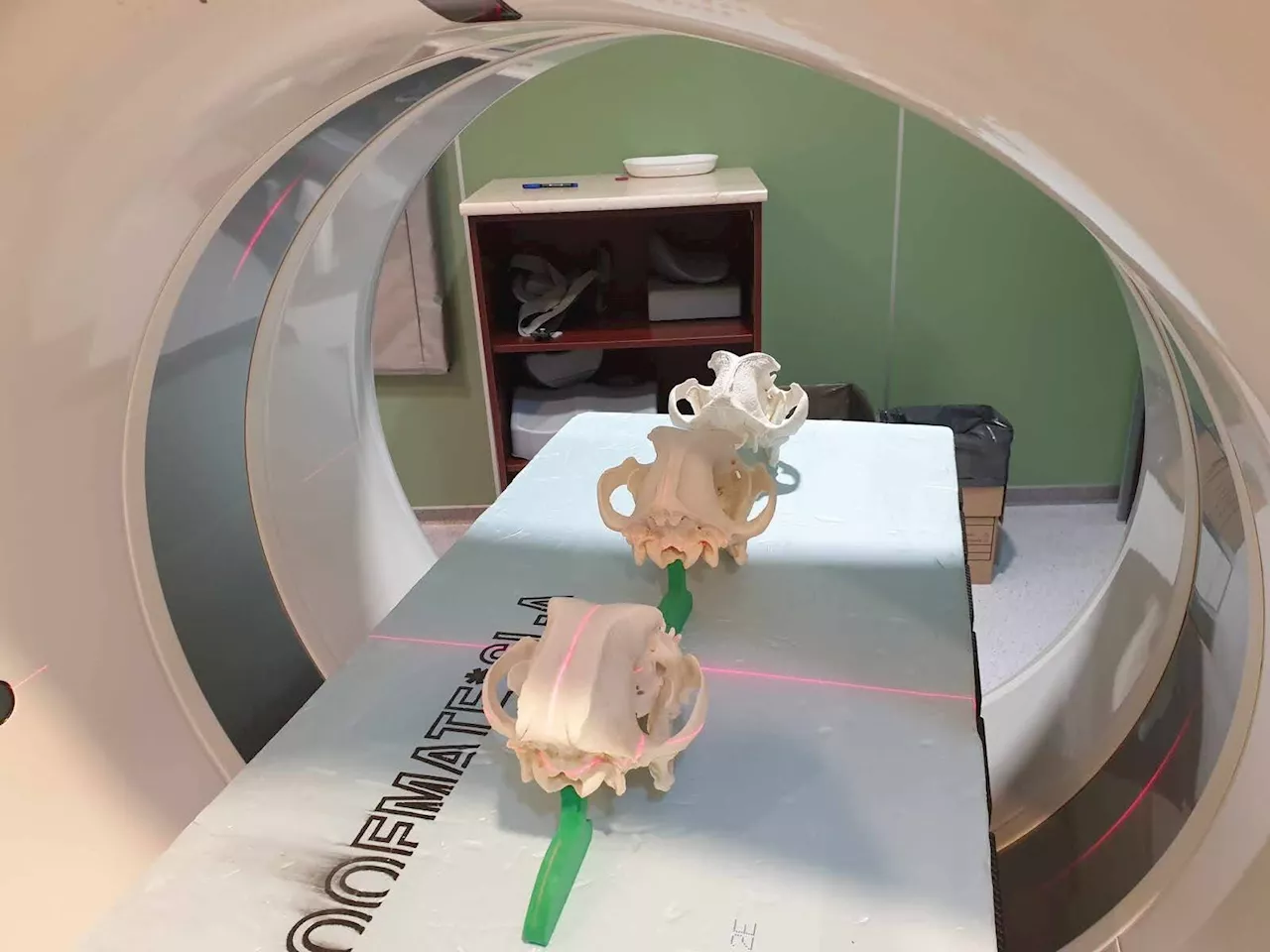Researchers are learning that nocturnal fasting may have more benefits than just weight loss.
Wednesday, August 14, 2024 9:52PMLOS ANGELES --You can eat for eight hours a day and fast for 16 hours or you might choose to eat one meal a day for two days a week. The goal is to reduce inflammation and trick your body into burning fat. Now, researchers are learning that nocturnal fasting may have more benefits than just weight loss.Desiree Valdez, a math teacher, enjoys the rewards of helping other people solve problems.
"Nighttime is a time where cells rest, but it's also the time of cell regeneration," said Delgado. "So, you get to clean your body during that time when you are not eating."
United States Latest News, United States Headlines
Similar News:You can also read news stories similar to this one that we have collected from other news sources.
 Researchers achieve unprecedented nanostructuring inside siliconSilicon, the cornerstone of modern electronics, photovoltaics, and photonics, has traditionally been limited to surface-level nanofabrication due to the challenges posed by existing lithographic techniques.
Researchers achieve unprecedented nanostructuring inside siliconSilicon, the cornerstone of modern electronics, photovoltaics, and photonics, has traditionally been limited to surface-level nanofabrication due to the challenges posed by existing lithographic techniques.
Read more »
 Researchers Discover New ALS-Causing GeneScience, Space and Technology News 2024
Researchers Discover New ALS-Causing GeneScience, Space and Technology News 2024
Read more »
 Animal researchers develop digital dog and cat skull databaseThe ELTE Eötvös Loránd University is home to the skulls of more than 150 dog breeds and other animals. To make this unique collection accessible to all, researchers digitized the skulls of 431 dogs, cats and wild relatives. The database can be used for educational and research purposes.
Animal researchers develop digital dog and cat skull databaseThe ELTE Eötvös Loránd University is home to the skulls of more than 150 dog breeds and other animals. To make this unique collection accessible to all, researchers digitized the skulls of 431 dogs, cats and wild relatives. The database can be used for educational and research purposes.
Read more »
 Researchers report pathway to stronger alloys for extreme environmentsAt around 2,500 degrees Fahrenheit, steel melts. When aluminum is exposed to moisture and oxygen, it corrodes. While these conventional alloys are well suited to everyday environments, they fold under abnormally excessive exposure to extreme heat, cold, pressure and other conditions.
Researchers report pathway to stronger alloys for extreme environmentsAt around 2,500 degrees Fahrenheit, steel melts. When aluminum is exposed to moisture and oxygen, it corrodes. While these conventional alloys are well suited to everyday environments, they fold under abnormally excessive exposure to extreme heat, cold, pressure and other conditions.
Read more »
 Researchers map fibrillization process to reveal mechanisms of amyloid polymorphismAmyloids are protein aggregates that can form in the body, sometimes leading to diseases such as Alzheimer's. These fibrils can adopt multiple shapes, known as 'polymorphs,' which complicate our understanding of their role in health and disease. The ability to morph into different structures makes them both fascinating and challenging to study.
Researchers map fibrillization process to reveal mechanisms of amyloid polymorphismAmyloids are protein aggregates that can form in the body, sometimes leading to diseases such as Alzheimer's. These fibrils can adopt multiple shapes, known as 'polymorphs,' which complicate our understanding of their role in health and disease. The ability to morph into different structures makes them both fascinating and challenging to study.
Read more »
 Researchers Propose Groundbreaking Framework for Future Network SystemsScience, Space and Technology News 2024
Researchers Propose Groundbreaking Framework for Future Network SystemsScience, Space and Technology News 2024
Read more »
